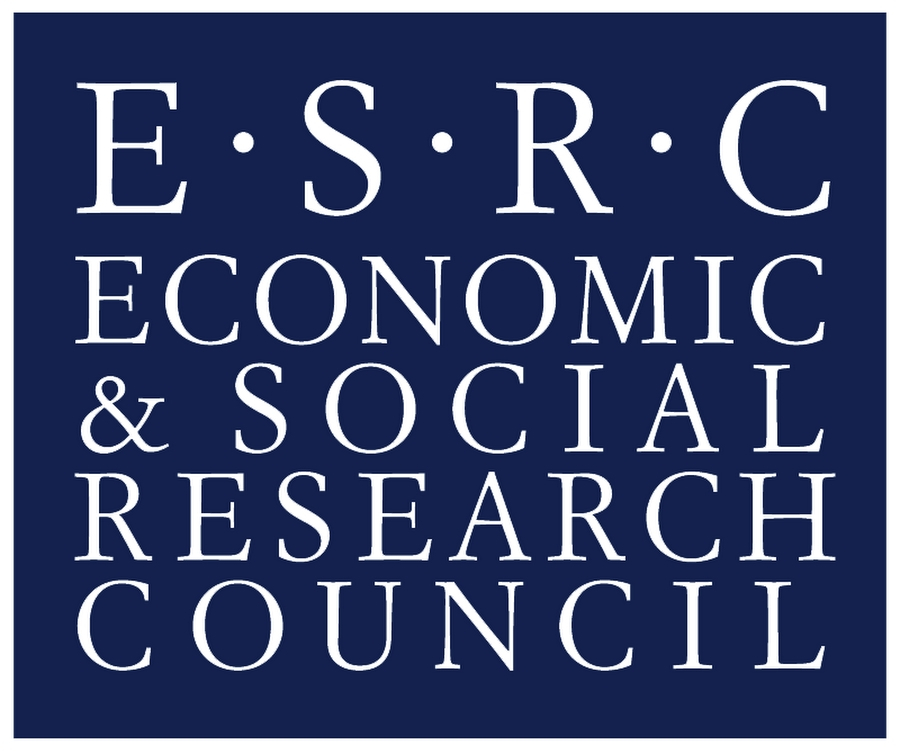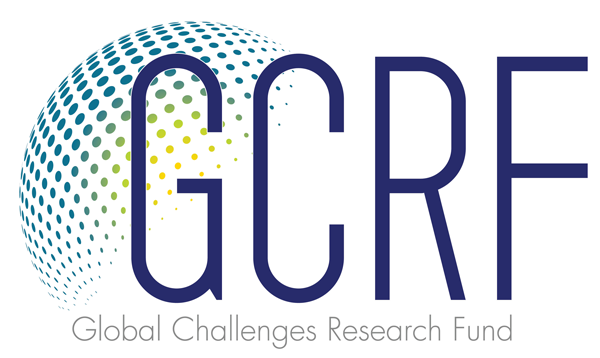
Imagine how the life chances for the two following children could be: first, a five-year-old girl, born and raised in Indonesia’s East Nusa Tenggara province, living in a precarious dwelling with her three siblings and her mother who earns a subsistence wage in the plantation of the lontar palm; second, a boy of the same age growing up in a high-quality home in the touristic city of Balikpapan with no siblings and his two highly educated parents who work as managers in the public sector. Likely, the prospects of these children will be dramatically different just because of their circumstances.
What if personal circumstances at birth such as gender, place, family background, or race, which are beyond an individual’s control, were irrelevant to her or his lifelong opportunities? And how does the labour market reinforce or level economic stratification?
These questions were sharply addressed by Francisco H. G. Ferreira —Senior Adviser in the World Bank’s Development Research Group and Visiting Professor at King’s College London— during a series of academic events co-hosted by King’s Department of International Development and the ESRC Global Poverty & Inequality Dynamics (GPID) Research Network.
The idea that personal circumstances should not influence an individual’s well-being prospects underlies the inequality of opportunity approach which seeks, in John Roemer’s famous metaphor, to ‘level the playing field’ so that life chances depend entirely on factors related to individuals’ decisions, aspirations, effort, talents, and even luck. Can inequality of opportunity be tractable from an empirical point of view? In the lecture “Inequality of opportunity: What is it, and can it be measured?”, Ferreira conceptualised and formalised the approach from the perspective of economics and presented the operationalisation of an intuitive measure aimed at capturing the extent of inequality of opportunities across several countries.
The conceptual framework followed by Ferreira (which is expounded in further detail here) is grounded on two fundamental principles: compensation, which is the notion that inequality in individuals’ outcomes due to circumstances beyond their control is ethically unjustified and therefore requires the society to compensate them, and, reward, which states that inequality in outcomes due to differences in individuals’ efforts, are ethically legitimate and hence requires the society to respect their returns. These principles seem to suggest the existence of non-mutually exclusive shares of bad and tolerable inequality, with the former being the type of inequality on which measurement efforts have been focused.
Though quite complex and data demanding in practice, the idea behind measuring bad inequality is straightforward. Let’s consider a measure of income inequality in a society, for instance, a Theil index of 0.45. If one defines certain circumstances (e.g., gender, place of birth, parents’ education, and race) to create groups of individuals based on all possible combinations of such circumstances, it is possible to estimate the level of income inequality across such groups—let’s assume that it is 0.15. Under this approach, the latter figure can be interpreted as the share of bad inequality, or inequality in opportunity, whereas the remaining 0.30 can be regarded as the share of tolerable inequality due to differences (in effort, talent, luck, or risks taken) within groups of individuals with similar circumstances.
Achieving more equitable societies has figured as one of the main challenges for governments both because of ethical reasons and instrumental value. What policy instruments should be put forward to reduce inequalities is far from reaching a consensus, and usually they depend on the context. Should policies aim at redistributing more, differently? Should they focus on individuals’ circumstances?
Potential answers can be found by breaking down the observed inequality trend into its proximate determinants using methods of decomposition. During a PhD masterclass and a research seminar, Ferreira discussed his empirical strategy and results from a decomposition to account for the decline in earnings inequality in Brazil over the period 1995-2012. From this exercise, Ferreira and his co-authors find that although the fall in returns to education and experience did play a role —in line with the evidence found across most Latin American countries—, the lion’s share of the decline in earnings inequality in Brazil was driven by a significant reduction in ‘horizontal wage inequalities’. That is, an effect that suggests “a move towards levelling the playing field in the Brazilian labour market”.
It seems worthy to tackle bad inequality. But how, and by how much? Recent publications of the ESRC GPID network squarely address these questions with research on issues such as: What is inclusive growth and what policies does it call for? What is the relationship of structural transformation and inequality? And how does the labour market skew or level the socio-economic playing field?
Eduardo Ortiz-Juarez
Eduardo Ortiz-Juarez is a PhD student at King’s Department of International Development working on fiscal interventions and income mobility in Mexico and Indonesia. He is non-resident Research Associate at the Commitment to Equity Institute (CEQI) at Tulane University, New Orleans.

